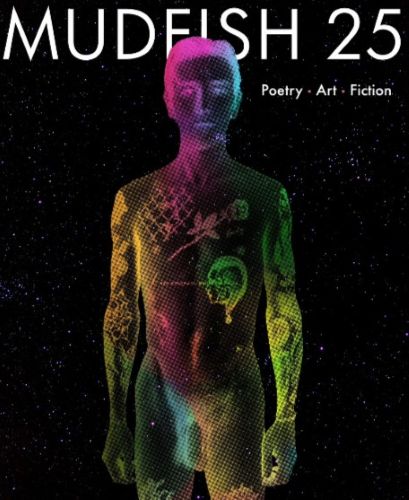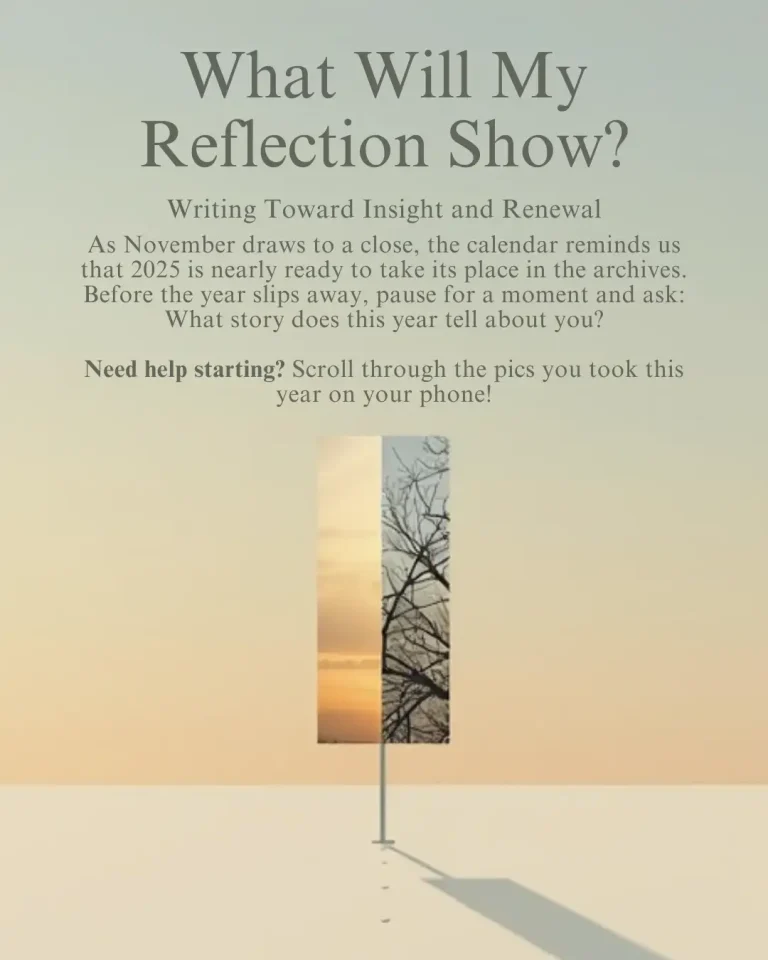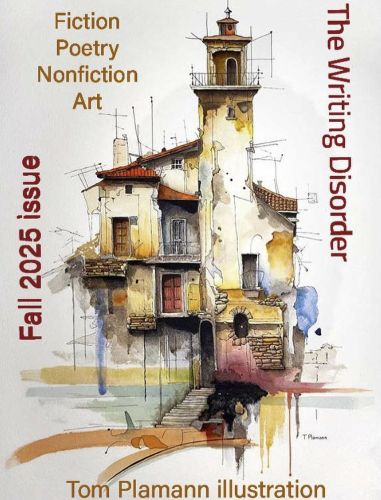Volume 7 Number 3
Summer 2012
Quarterly 
Kirsten McIlvenna
r.kv.r.y includes fiction, poetry, essays, and shorts all on the topic of recovery, incorporating characters that are recovered, are in the process of recovery, or need to start recovery.
r.kv.r.y includes fiction, poetry, essays, and shorts all on the topic of recovery, incorporating characters that are recovered, are in the process of recovery, or need to start recovery.
The best piece in this issue is easily “Oranges” by Anthony Doerr. A man and woman meet in an airplane ride, eventually marry, and go on to tell the story to their child. Then, the wife develops cancer. What I loved about this was that although it was not an overly original tale, it was crafted well. At any point I thought it might start to become to cliché or sentimental, the focus changed to fantastic imagery and allusions. For example, when the thread of the cancer is introduced, instead of delving into the over told scenarios that come with that, a section follows about how the couple would go around early in the morning and collect the dead birds off the street:
They gather the birds up in plastic bags and he puts the bags in the trunk of the car. Sometimes he looks up at Annie as she walks slowly along, a half-block ahead of him: a thin, stooped woman moving through the pre-dawn with a sack full of birds. Like a princess in some sad fairy tale.
When they get home he makes coffee before school, and Annie goes inside and rests, and he never quite knows what to do with the plastic bags of birds in the trunk—sometimes with a few beaks sticking through the plastic—so after he’s sure Annie is asleep, he takes them to work and upends the bags into the creek behind the school’s faculty parking lot, where the water speeds quickly between narrow, concrete banks, and watches the birds float in their various poses quickly downstream and disappear.
In an essay titled “The Shrink that Killed Gazoo,” Michele Whitney says that finding a shrink is like trying to find a mate: “I admit to having psychologically courted a few counselors until I finally found The One.” In this openly honest and humorous piece, Whitney admits that she feels responsible for anything bad that happens, as if Gazoo (a character from The Flintstones) is sitting on her shoulder, filling her head with “guilt, shame, and blame, even though [she] know[s] the truth.” I only wish the essay could have been continued to see Gazoo murdered, or at least a little maimed.
My favorite in the “shorts about survival” section was “Savasana” by Jami Nakamura Lin. Coraline is a young woman who cannot stop scratching the back of her neck, claiming that she knows there is nothing wrong with her skin; it is all in her mind. With encouragement from Lyle (perhaps her boyfriend?), she tries to use yoga to reduce her stress symptoms:
. . . Coraline lay on the ground with her arms spread as wide as she could stretch them. This was her favorite position, the savasana. It was the way her yoga teacher ended every class. All twenty students would lie in the darkened room, arms outstretched, and would breathe slowly. After five minutes of savasana, they would get back into lotus, put their hands to their foreheads, and say Namaste. The last five minutes were the best five minutes, and Coraline’s sole motivation.
There are also more shorts by Andrew Stancek, Clifford Garstang and Jen Knox; essays by Justin Kingery and Lucine Kasbarin; poetry by Elizabeth Glixman, Lisa Ress, and Gary Dop; and fiction by Indira Chandasekhar, and Yu-Han (Eugenia) Chao. The characters and people in these stories feel real and close to us, as all of us are required to recover from something life. r.kv.r.y shows a real aspect of the human condition, through clean and honest writing.
[www.rkvryquarterly.com]




